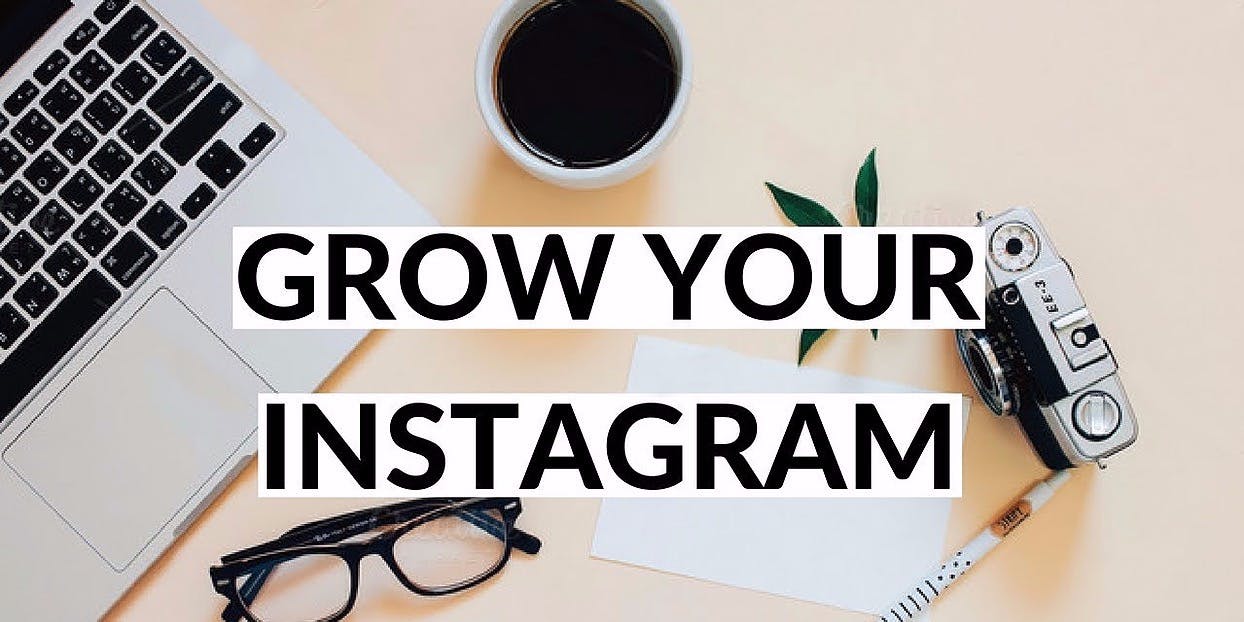1,167 reads
How to Find the Best Instagram Hashtags for Business
by
September 7th, 2019
Growth #hacker - Bringing you insightful reads on the biggest growth tips www.tokupgrade.com
About Author
Growth #hacker - Bringing you insightful reads on the biggest growth tips www.tokupgrade.com
Comments
TOPICS
Related Stories
🥳 HAPPY BIRTHDAY HASHTAG!
Sep 23, 2020
🥳 HAPPY BIRTHDAY HASHTAG!
Sep 23, 2020
